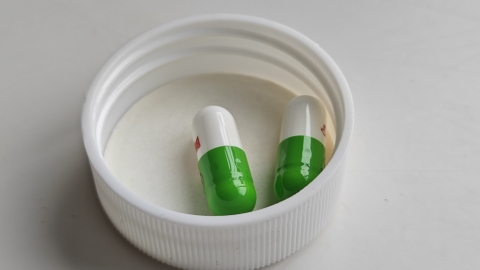What are the side effects of Telmisartan?
Generally, the dosage forms of telmisartan include tablets and capsules. Its side effects include dizziness, headache, dry cough, fatigue, rash, and others. It is recommended to take the medication as directed by a physician. A detailed analysis is as follows:

1. Dizziness
Telmisartan may affect blood pressure regulation, leading to excessively low blood pressure or hemodynamic changes, which may subsequently cause insufficient cerebral blood supply, resulting in dizziness and affecting body balance and normal activities.
2. Headache
Telmisartan acts on cerebral blood vessels, causing abnormal vascular dilation or constriction, stimulating nerve endings. Some patients may experience headaches after using this medication.
3. Dry Cough
Telmisartan indirectly affects bradykinin metabolism, causing its accumulation in the body, which may irritate the respiratory tract and ultimately cause dry cough. This cough is typically frequent and non-productive, potentially affecting the patient's quality of life and sleep.
4. Fatigue
Telmisartan may interfere with the body's metabolic processes or energy production, causing symptoms such as general fatigue, low energy levels, reduced endurance for daily activities, and easy fatigability.
5. Rash
As a foreign substance, telmisartan may trigger an immune response. Some patients may be allergic to certain components of telmisartan, manifesting as a rash. The rash may appear on various parts of the body and its severity varies among individuals.
During the course of telmisartan treatment, regular monitoring of blood pressure and serum potassium levels is important to promptly detect hypotension or abnormal potassium levels, allowing timely adjustment of medication or appropriate interventions. Additionally, excessive intake of high-potassium foods such as bananas, oranges, and spinach should be avoided to prevent hyperkalemia.








